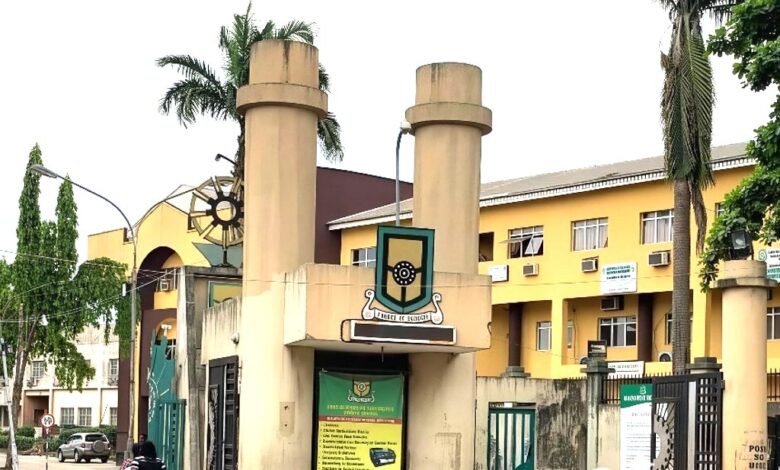

Yabtech
The Yaba College of Technology (Yabatech) has secured a N200 million (€117,000) grant to develop a solar-powered integrated aquaponics system. The European Union-backed fund will be focused on scaling the production of catfish, vegetables and maize.
Yabatech spokesman, Mr. Adekunle Adams, disclosed this in a statement, noting that the project is tailored to promote food security through the use of technology. The solar-powered aquaponics system will look to boost the production of catfish with vegetable and maize farming.
The €117,000 grant was secured under a project titled ‘Integrated Aquaponics System for Sustainable Catfish Production and Dual-Crop Cultivation of Leafy Vegetables and Corn (AQUACLEC)’.
“Yabatech has recorded another major breakthrough in research and innovation after securing a grant of €17,000, equivalent to over N200,000,000, from the European Union’s Horizon Europe programme,” part of the statement reads.
Aside from the production aspect, Adams explained that the project will result in the development of a local innovation hub in Lagos. It will also promote sustainable agriculture, together with a community-based food resilience.
The AQUACLEC project is under the coordination of Ag. Director, Research Support and Grant Management Centre at Yabatech, Dr. Funmilayo Doherty. The success was attributed to Yabatech’s continued drive for innovation and research that align with national and global challenges.

Other members of the AQUACLEC team include Dr Olufunke Oyebamiji, Dr Olusola Dada, Mrs Henrietta Badejo, Mr Abdulwakeel Oluwatobi Atoyebi, Mr Olufunmi Dada, Dr Akin Olaleru, Mrs Adeola Oke, Mr Aguh Anthony and Mrs Rebecca Martin.
Technical expertise for the project is provided by Dr Idowu Aneyo of the University of Lagos, Nigeria, Dr Moammar Dayoub from the University of Turku, Finland, and Dr Dele Raheem from the University of Lapland, also in Finland.
Also Read: AltSchool Africa is building a tech learning platform for teenagers.
The EU supports various aquaponics initiatives in African institutions. For instance, its PrAEctiCe project focuses on integrating sustainable agricultural technologies for climate-controlled farming. Another is the FCI4Africa project for designing energy-efficient aquaponics systems to promote fair trade.
In addition, the EU-funded UNDP-AFCIA programme supports local institutions, such as INMED in South Africa. The initiative is based on using micro-grants to implement school-based aquaponics projects, fostering food security and climate resilience.

Yabatech is making a statement with tech innovation
Yabatech’s latest milestone is a testament to its continuous push for tech innovation and research. The fund comes after Yabatech secured a grant from the National Youth Employment Skills Acquisition Framework (NYESAF), supported by the World Bank. The NYESAF grant provides funding for Yabatech to train two hundred young Nigerians in digital and creative media skills.
According to Dr. Doherty, cited in the statement, Yabtech is making deliberate efforts to bridge the gap between real-world needs and technical education. The institution aims to prepare students and young Nigerians to creatively face challenges at various local and international stages.
“The present administration of the college has consistently supported research proposals and international collaborations that extend beyond the classroom, reinforcing Yabatech’s image as a hub of innovation and social impact,” the statement reads.
The project is also designed to be replicable and scalable across Nigeria and West Africa, which will bank on Yabatech’s pool of over 200 PhD-qualified lecturers for research, training, and policy engagement.
“The EU grant and NYESAF programme highlight Yabatech’s dual role as a centre of academic excellence and driver of national development, meeting technical education and real-world needs,” it added.
Both the solar-powered integrated aquaponics system and NYESAF further confirm Yabtech’s commitment to thriving on tech and innovation.
Aquaponics is rooted in ancient agricultural practices in East and Southeast Asia. In modern systems, fish tanks are connected to vegetable beds. Aquaponics can produce up to ten times more crops in the same space compared to traditional farming. It requires no chemical fertilisers or pesticides and uses minimal energy, powered by a solar pump.
Copied




